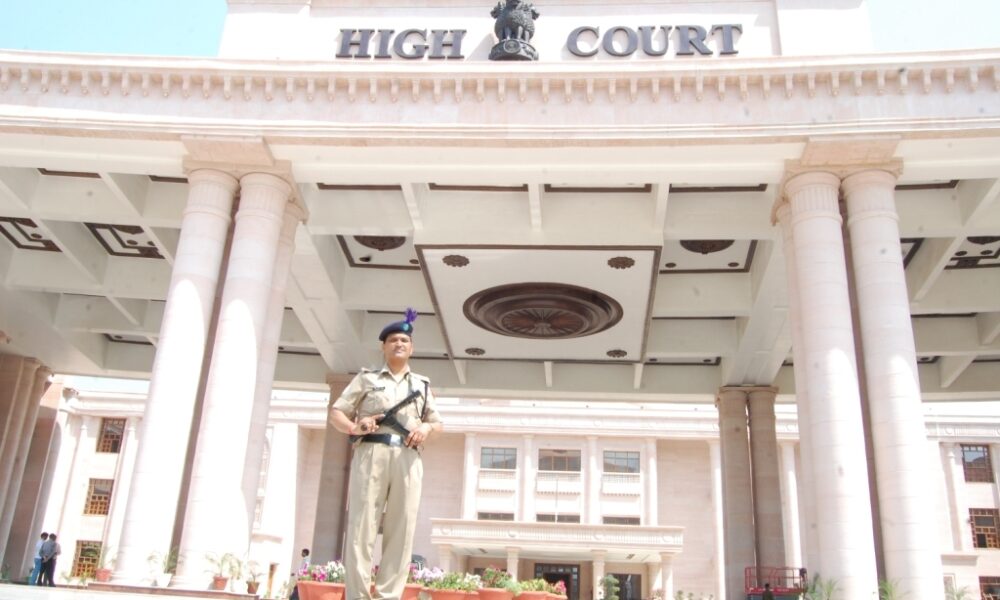
SC Collegium recommends appointment of Justice Arun Bhansali as Chief Justice of Allahabad HC
New Delhi, Dec 28 (IANS) The Supreme Court Collegium, headed by Chief Justice of India D.Y. Chandrachud, has recommended the appointment of Justice Arun Bhansali as the Chief Justice of the Allahabad High Court.
Justice Bhansali was appointed as a Judge of the Rajasthan High Court in January 2013 and has been functioning there as a senior puisne Judge.
Before his elevation as the judge, he practised at the Jodhpur bench of the Rajasthan HC in civil, company, Constitutional and taxation cases.
The SC Collegium noted that “during his tenure of nearly eleven years as a Judge of the High Court, he has authored more than 1,230 reported judgments”.
“He has acquired extensive experience in dispensing justice in the Rajasthan High Court. He is considered to be a competent judge with sound legal acumen and, would therefore be an eminently suitable choice to be elevated as Chief Justice of the largest High Court in the country,” it added.
In a statement released on Thursday, the SC Collegium said that it is conscious of the fact that the Rajasthan High Court will be represented by two Chief Justices among the Chief Justices of the High Courts.
“The Collegium is of the considered view that Mr Justice Arun Bhansali is fit and suitable in all respects for being appointed as the Chief Justice of the High Court of Judicature at Allahabad,” it added.
The vacancy in the office of the Chief Justice of the Allahabad High Court has arisen consequent upon the retirement of Justice Pritinker Diwaker. The Memorandum of Procedure relating to appointment of Chief Justice of a High Court provides that “a fair representation shall be given to various High Courts for selection of Chief Justices. For purposes of such selection, inter-se seniority of puisne Judges will be reckoned on the basis of their seniority in their own High Court. The consideration for appointment of Chief Justices shall be based on the criterion of seniority subject to merit and integrity”.
